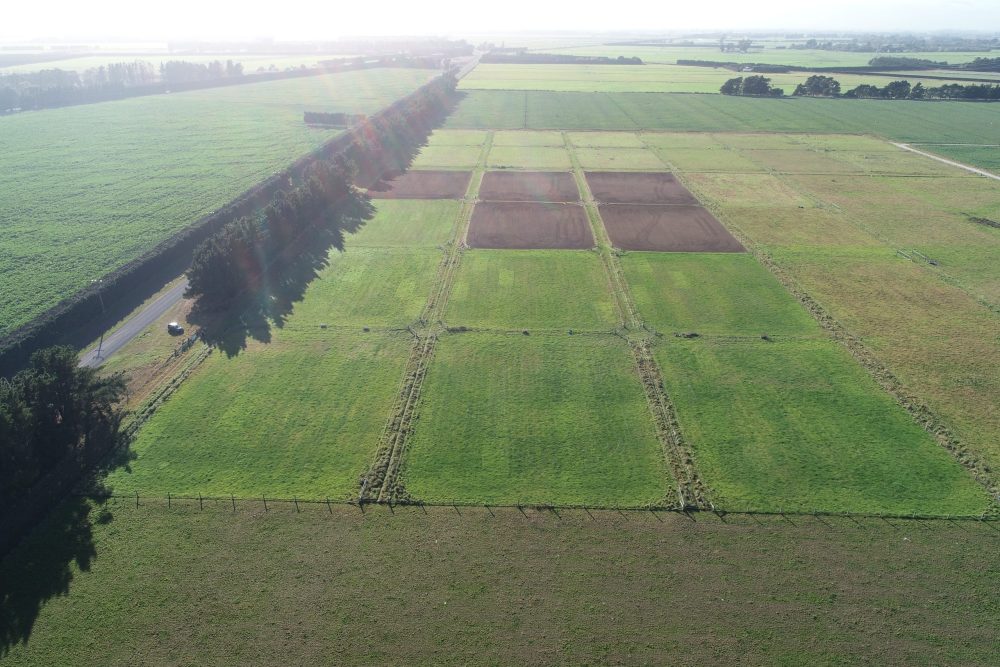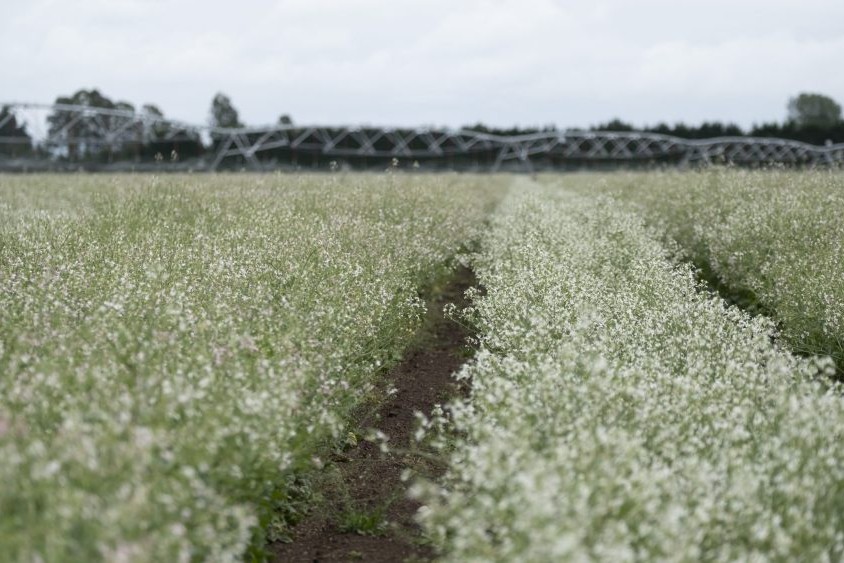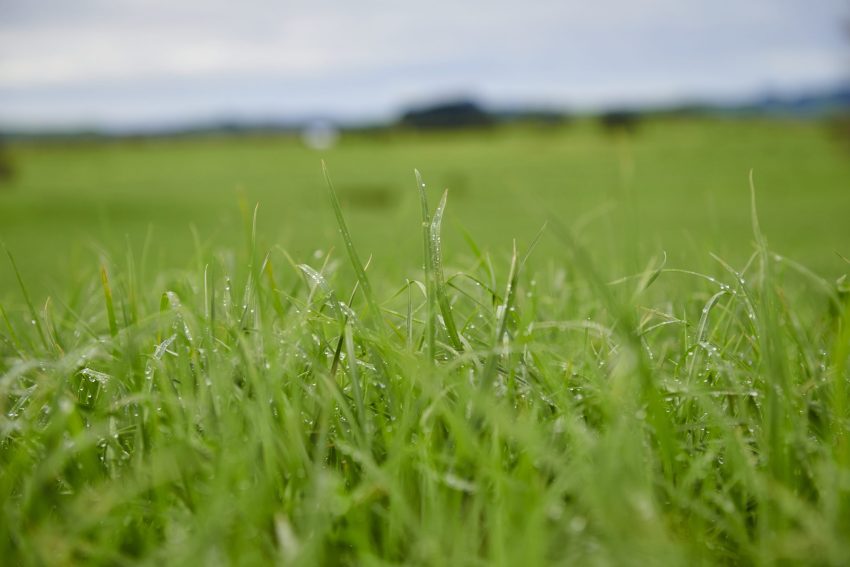BY: ANNA CAMPBELL
Gregor Mendel built his career around the humble pea. That inauspicious pea is making a comeback. Mendel discovered that the green pea phenotype is recessive – which means if you cross a yellow pea with a green one, you will get yellow progeny. It is these yellow peas which are in global demand creating headaches for some highly trendy food companies.
In 2018, 757 new pea-related foods hit the shelves (Mintel Market Research) and that number is growing fast. To give you an idea of the scale of predicted demand, in 2017, the global pea protein market was worth $32 million, that figure is expected to rise to $176m by 2025 (Allied Market Research).
Why yellow peas? As the world looks for alternatives to animal-sourced proteins, yellow peas have become the go-to source with a protein content of about 20% and a relatively benign taste. The most famous yellow pea product is the Beyond Burger – which with added salt and many other additives, apparently tastes all right too.
Peas are easily broken down into starch, fibre and protein. China is home to many of the manufacturing plants, utilising the pea starch for noodles. Until recently, pea-protein isolate has widely been thought of as a by-product of the process. Interestingly, the yellow pea headache is not caused through lack of peas, but not enough processors. This is causing problems for the fast-growing start-ups who are frantically signing up to fixed term supply deals to manage their costs.
There are a few other reasons that peas are taking the plant protein world by storm. Unlike soybean, there are no GM peas out there, this gets a big consumer tick, there are also fewer allergenic issues with peas compared to soybean. Yellow peas also get the sustainability tick, having lower water needs than many other crops.
Other plant crops are being tested as sources of protein. In Canada, farmers are testing fava beans and canola seeds and in New Zealand Leaft Food is building a business to extract protein from leafy crops such as lucerne, using the remaining fibre for animal feed.
NZ companies are at the consumer end of the market as well – Sunfed Foods imports yellow peas to make their “Boar Free Bacon” and “Chicken Free Chicken,” they are on a growth path and launched into Australia last year. Other entrepreneurial plant protein companies from NZ include Tahi Spirulina using aquatic plants as a protein source, Olive and Ash a company producing plant-based mince and My Goodness a company using persimmons as a primary ingredient for plant-based ice creams – this is a truly innovative space.
Opportunity in NZ for plant-based proteins sits at multiple levels of the value chain. For farmers, global demand will increase prices for crop production, but it’s still hard for NZ crop farmers to compete with those in vast cropping countries like Australia and Canada. We need to ensure we also compete and develop industries around ingredient manufacture and final product manufacture and distribution.
Increasingly, with direct to consumer platforms such as Amazon and Shopify, companies have an ability to retain maximum value here – we need to build and share knowledge around that.
FoodHQ have compared NZ’s entry into the plant-based protein sector with that of the Netherlands. In an interview with Radio New Zealand, FoodHQ’s chief executive Abby Thompson commented that the Dutch have “been very strategic, very deliberate and they’ve put a lot of investment in there… there’s a lot more scale and scope and focus, whereas in New Zealand, to be completely honest a lot of the companies who are doing this work are entrepreneurial individuals or family groups.”
Vision, strategy and excitement about what we might be able to create in a post-Covid-19 environment are great drivers for entrepreneurship and change. NZ has a limited pool from which to invest with and many competing demands including tourism and food. As we decide, I rather like this reminder from Gregor Mendel himself – “One thing my pea plants taught me: always do science with things that you can make into soup.”
• Anna Campbell is managing director of AbacusBio Ltd, a Dunedin based agri-technology company.





